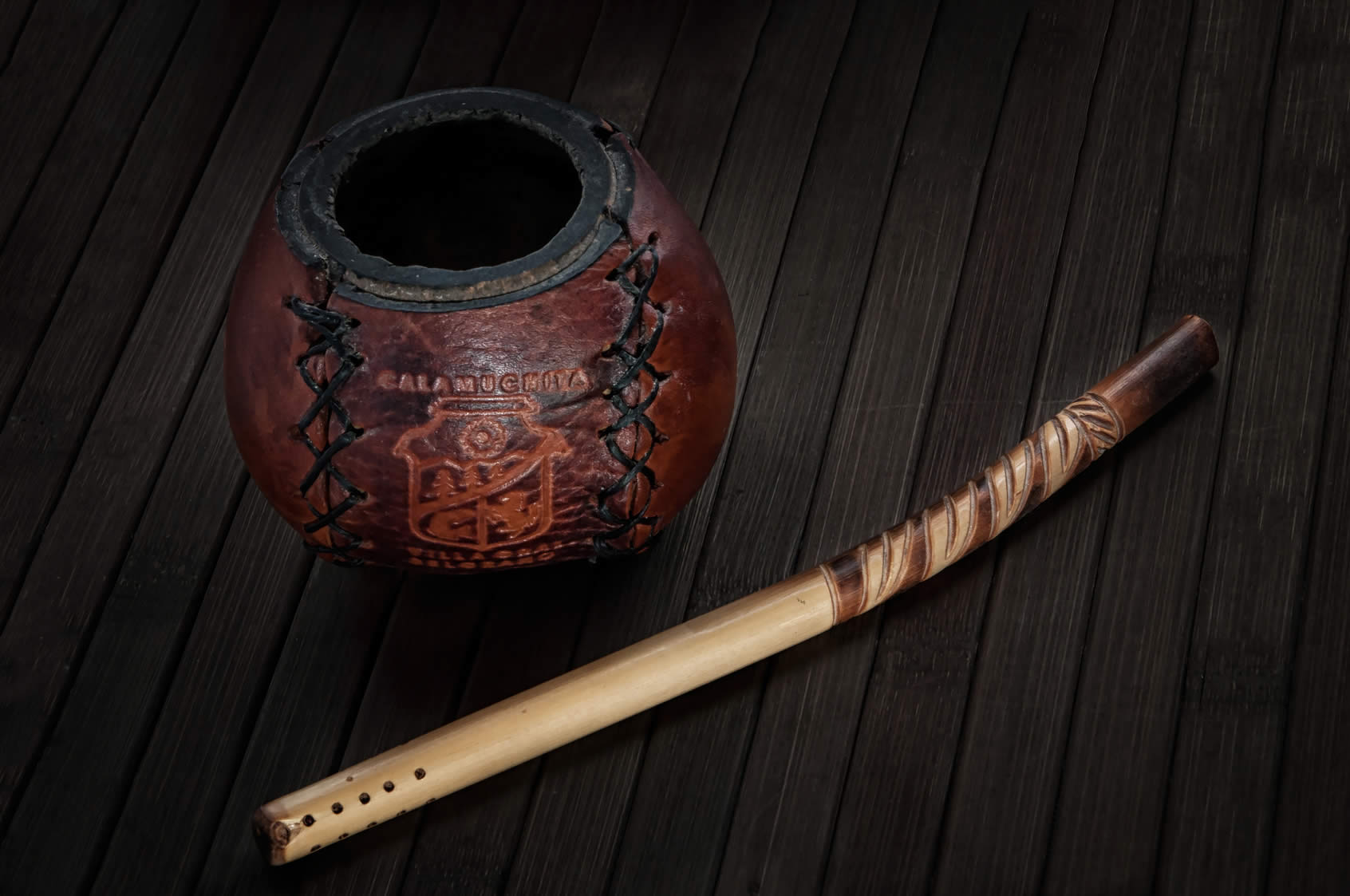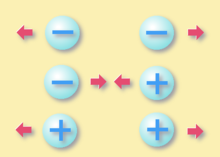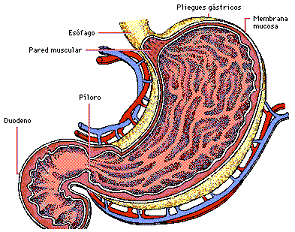 Investigating is synonymous with analyzing, finding out or inquiring. We carry out an investigation because we do not know something and we need to provide some kind of solution in this regard.
Investigating is synonymous with analyzing, finding out or inquiring. We carry out an investigation because we do not know something and we need to provide some kind of solution in this regard.
The concept of investigation is applicable to different fields, especially the scientific, the police or the historical one. The research activity is a typical human action, which all individuals carry out at some point in our lives with the intention of obtain new knowledge, to solve conflicts or complications that may arise before us, or to answer scientific questions that require an irrefutable answer, only obtainable from a conscious investigation on the subject of study.
Scientific research
In general, a scientist begins to investigate an aspect of reality when he finds a problem that has no solution. To start a scientific research process, the researcher starts from an explanatory hypothesis. You then need to use a method (usually the hypothetico-deductive method). Next, the facts found are contrasted with the proposed hypothesis. After verifying that the facts are explained by his initial hypothesis, the scientist presents his final conclusions.
Scientific research has to meet certain methodological requirements, as well as criteria of objectivity and rigor shared by the scientific community. Let's not forget that scientific results must be evident and without any kind of subjectivity. Otherwise, we would be talking about pseudosciences, a sphere in which the idea of objective research is highly debatable.
 Scientific research can be understood in several ways. There is a basic or theoretical research. On the other hand, it is possible to carry out an applied research, a documentary type, a field research or an experimental one.
Scientific research can be understood in several ways. There is a basic or theoretical research. On the other hand, it is possible to carry out an applied research, a documentary type, a field research or an experimental one.
The police investigation
This type of research has an obvious scientific character. From the moment a crime is committed until it is solved, the police activate a complex process of investigation. The first step is to know all the facts related to the crime. Second, the evidence of the crime is collected and analyzed. The suspects are then questioned. Finally, the police find the solution in their investigative work when they are able to demonstrate with irrefutable evidence that an individual has committed a crime.
The police investigation model has been approached by literature and cinema, where we can find all the ingredients that lead to the clarification of crimes (fingerprints, DNA tests, interrogations or image analysis). It is worth remembering that the character of Sherlock Holmes investigates crime using a scientific methodology.
Historical research
The historian studies events in the past, which may refer to ancient times (for example, events in prehistory) or events from a hundred years ago. In any case, historical research has to clarify a matter based on objective data (information from an archive, archaeological remains or written testimonies, among many other elements).
 The historian reconstructs the past and for this he needs to resort to auxiliary historical disciplines (for example, numismatics, heraldry or genealogy). Historical research is based on a series of steps and strategies: definition of the topic to be dealt with, establishment of a methodology, resorting to original sources, ordering the information and, finally, the presentation of results.
The historian reconstructs the past and for this he needs to resort to auxiliary historical disciplines (for example, numismatics, heraldry or genealogy). Historical research is based on a series of steps and strategies: definition of the topic to be dealt with, establishment of a methodology, resorting to original sources, ordering the information and, finally, the presentation of results.
Everything is open to investigation
If a person wants to know their origins, they must inquire about their ancestors. If someone has a need to improve their business, they will have to research what the competition is doing. And if we have an exam we will have to study and, therefore, investigate a subject. These simple examples remind us that the concept of research is present in any human activity. In other words, it is not possible not to investigate, as it would mean giving up knowledge.
Photos: iStock - kadmy / poba









